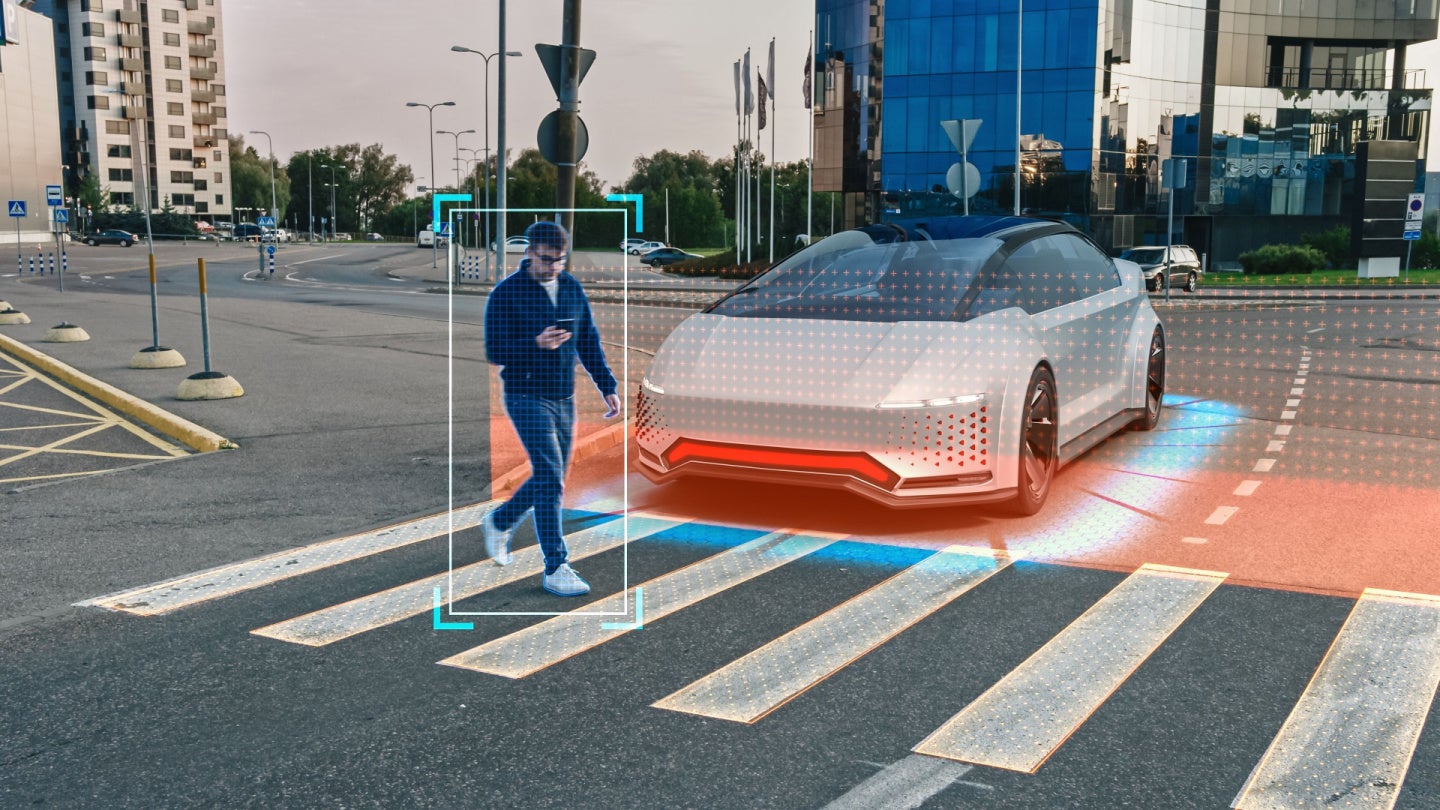
California regulators and unions hosted a rally on 12 February to tighten autonomous vehicle (AV) regulations following a series of road accidents and a case of vandalism involving AVs.
Both Waymo and Cruise have trialled robotaxis in San Francisco that use AV technology.
Cruise recently paused its AVs in California following a series of high-profile road accidents, including an accident in October where one of its AVs hit a pedestrian who was already injured. The company stated that it planned to undergo a full safety review to win back consumer trust and had plans to launch in a second location.
California’s Department of Motor Vehicles is also investigating an incident involving a Waymo driverless vehicle that hit a cyclist at an intersection.
Following this incident, a Waymo AV was vandalised during recent Lunar New Year celebrations on 10 February.
California’s State Senate Member, Dave Cortese, was among the attendees of the California rally to speak about updating California’s regulation to cover AVs.
How well do you really know your competitors?
Access the most comprehensive Company Profiles on the market, powered by GlobalData. Save hours of research. Gain competitive edge.

Thank you!
Your download email will arrive shortly
Not ready to buy yet? Download a free sample
We are confident about the unique quality of our Company Profiles. However, we want you to make the most beneficial decision for your business, so we offer a free sample that you can download by submitting the below form
By GlobalDataThe bill in question, SB 915, would hand over control to cities to decide AV permits. Currently only state-wide regulators are able to control AV permits.
Labour union The International Brotherhood of the Teamsters (IBT) were also in attendance at this rally and voiced its support for the passing of tighter AV regulations.
“SB 915 is common sense legislation that would put safety first,” stated Chris Griswold, President of Teamsters Joint Council 42, “… AVs have wreaked havoc on our streets for too long and with too little oversight. It’s past time that local governments have a say in how this untested technology is deployed in their communities.”
Alongside safety, the IBT has also advocated for tighter regulation of AVs to protect jobs against automation.
Research and analysis company GlobalData’s 2023 thematic intelligence report into AV technology noted that regulatory hurdles and shortages of semiconductor materials will delay AV sales with only 250,000 units expected to be sold in 2030. In 2040, however, that is forecast to rise to four million units.







